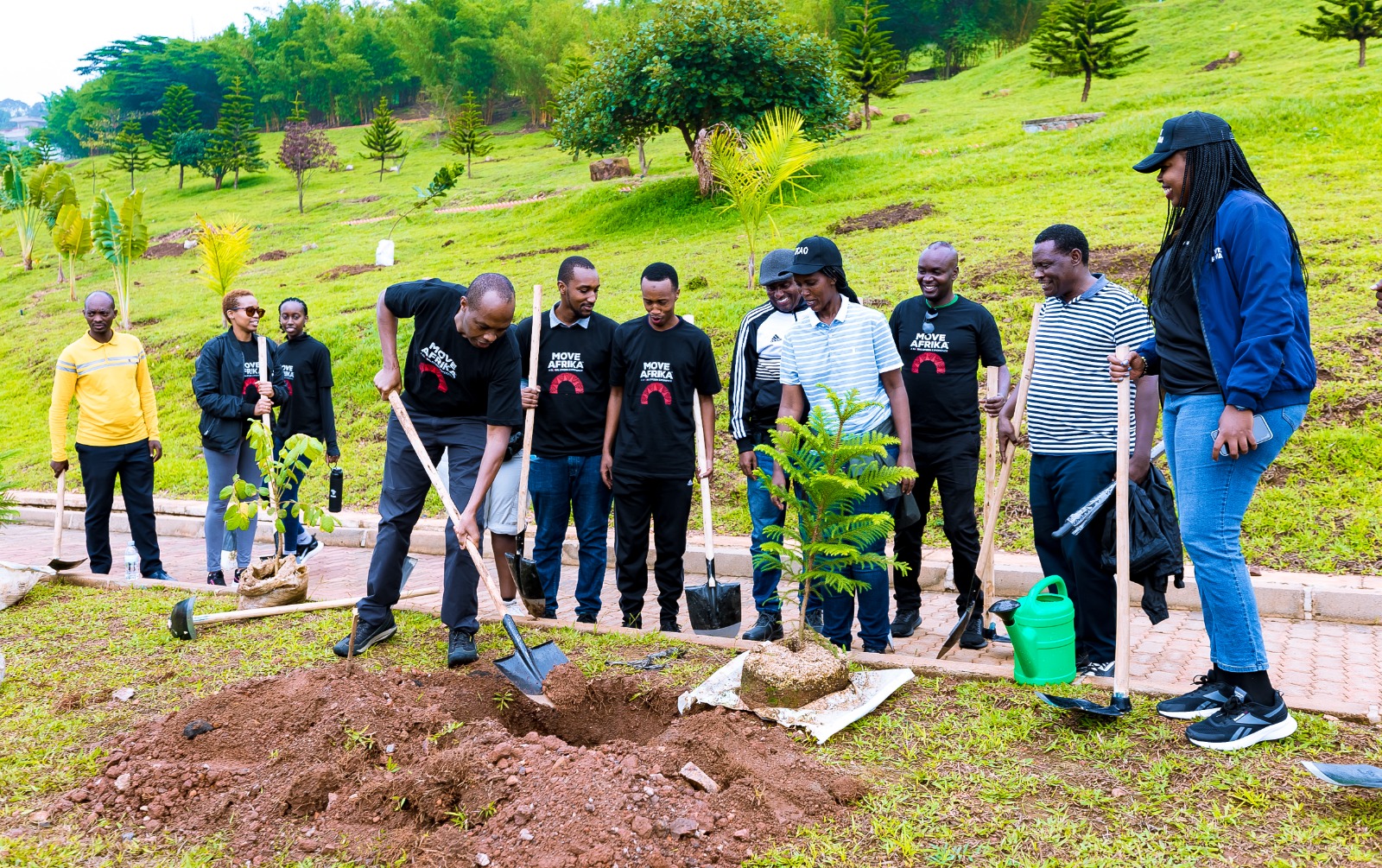From Ancient Roots to Modern Mandate
Community service has, since time immemorial, played a significant role in many African societies, although its specific form and importance varied across cultures and time periods. This often manifested in various forms of community service, such as helping neighbours with tasks, participating in communal projects, and supporting vulnerable members of the community. Marked by resilience and an unwavering spirit, Rwanda is home to a unique tradition known as Umuganda. This monthly community service, held on the last Saturday of each month, has become a cornerstone of Rwandan society, fostering unity, progress, and a sense of shared responsibility. From top government officials to local leaders, everyone actively participates in Umuganda, demonstrating solidarity and commitment.
The word “Umuganda” translates to “working together for a common purpose,” a concept deeply rooted in Rwandan culture. Traditionally, communities would come together to help individuals with tasks they couldn’t manage alone, highlighting the importance of collective effort and social support.
Following the devastating genocide against the Tutsi of 1994, Umuganda took on a new significance. As the country struggled to rebuild, President Paul Kagame recognized the need for a unifying force to heal wounds and rebuild infrastructure. In 2007, Umuganda was officially established as a mandatory national program, requiring all able-bodied Rwandans between the ages of 18 and 65 to participate for three hours each month.
Cultural significance
Umuganda holds immense cultural significance in Rwandan society. Originally, Umuganda was deeply rooted in Rwandan tradition, where neighbours would help one another with tasks like building houses, farming, or community projects. However, following the Rwandan genocide in 1994, President Paul Kagame revived Umuganda to help rebuild the country and foster unity among its people. It became a mandatory national day of community service. During Umuganda, people gather to work on various community projects like cleaning streets, building infrastructure, planting trees, and more.
This practice is integral to the country’s healing and reconciliation process after the tragic events of the genocide. It promotes social cohesion, instills a sense of collective responsibility, and encourages citizens to actively contribute to the betterment of their communities. Additionally, it has helped in the development of Rwanda by addressing various social, economic, and environmental challenges. Umuganda serves as a symbol of unity, collective responsibility, and national pride in Rwandan society.
Beyond Cleaning Streets
While the initial focus of Umuganda was on cleaning streets and public spaces, it has since evolved into a multifaceted program encompassing a wide range of activities. Rwandans participate in tree planting, erosion control, construction projects, community development initiatives, and even health awareness campaigns. This expansion reflects the growing understanding of Umuganda’s potential not only to improve the physical environment but also to foster social cohesion and address diverse community needs.
Several key pillars underpin the success of Umuganda. The legal requirement ensures widespread participation and discourages apathy. Local communities are encouraged to identify their needs and priorities, ensuring that Umuganda projects address their specific concerns. Public recognition of individuals and communities who excel in Umuganda fosters pride and motivates continued participation.
The impact of Umuganda is multifaceted, reaching across various dimensions of Rwandan society. Umuganda has played a crucial role in rebuilding infrastructure, improving sanitation, and promoting environmental conservation. The program brings people from diverse backgrounds together, fostering a sense of shared responsibility and community spirit. Moreover, participation in Umuganda instills a sense of ownership and encourages citizens to contribute to their communities. By mobilizing communities and directing resources towards local needs, Umuganda contributes to economic growth and development.


Leave a Reply